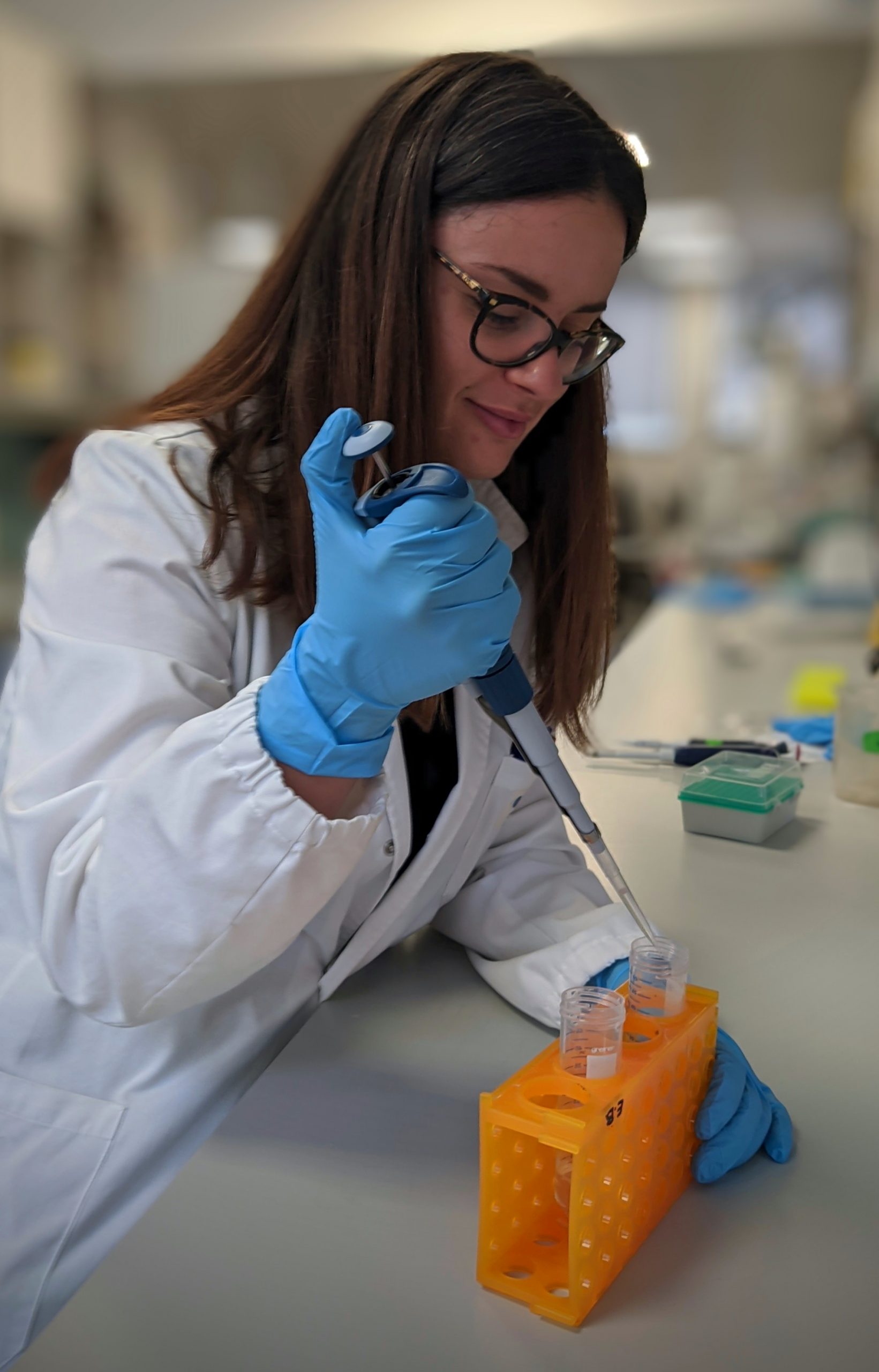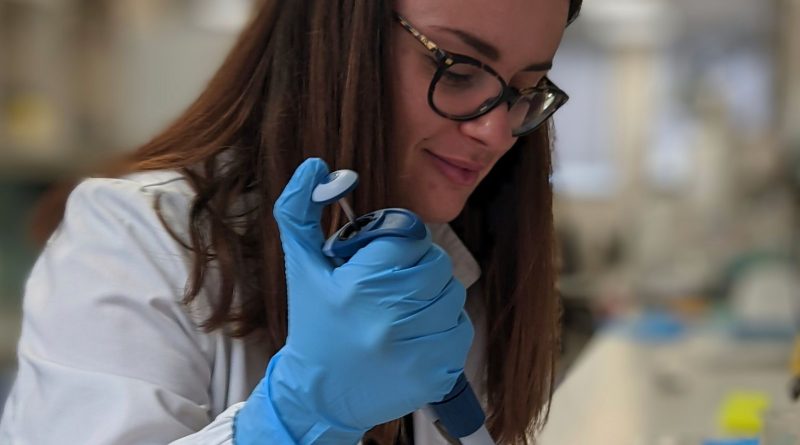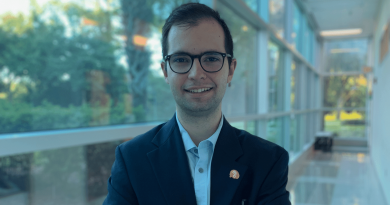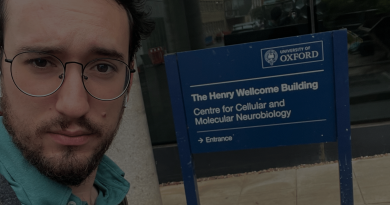Lab Experience at the Translational Hematology Lab – UNIMI – Alice Clemente
Lab Experience Personal reflection
Alice Clemente – 4° cohort student UNIMI
Laboratory experiences are an integral part of scientific education, offering students the opportunity to apply theoretical knowledge in a practical setting. My recent lab experience has been particularly enriching, providing a comprehensive exposure to various techniques and tools essential for modern biomedical research.
During my time in the lab, I learned several critical techniques that are foundational to biomedical research. One of the primary assays I became proficient in was the CellTiter-Glo assay, a luminescence-based method used to measure cell viability. This technique allowed me to quantify the number of viable cells in culture by assessing ATP presence, which is indicative of metabolically active cells. Another important assay I learned was the Caspase-Glo assay, which measures caspase activity to detect apoptotic cells. Understanding the apoptotic pathways and their quantification through this assay provided me with insights into cellular responses to various treatments. Western blotting was another key technique I learned, which involves the detection of specific proteins in a sample through gel electrophoresis and antibody binding. This method was instrumental in analyzing protein, which are crucial for understanding cellular mechanisms. Flow cytometry was another advanced technique I utilized, allowing for the analysis of cell populations based on surface markers and other characteristics. This technique’s ability to provide rapid, quantitative data on cell size, complexity, and phenotype was invaluable in my research. In addition to these laboratory techniques, I became proficient in using GraphPad Prism for data analysis and visualization. This software enabled me to plot data accurately and perform statistical analyses, enhancing the reliability and presentation of my experimental results. Furthermore, I learned to use MATLAB to investigate correlations between variables. This powerful computing environment allowed me to handle large datasets, perform complex calculations, and visualize the relationships between different experimental parameters. While initially challenging, mastering MATLAB significantly broadened my data analysis capabilities.
Engaging in lab work requires precision, attention to detail, and unwavering focus. Maintaining this level of rigor consistently was challenging but essential for producing reliable results. The complexity of the techniques demanded meticulous attention to protocol details and the ability to troubleshoot when results were not as expected. The initial learning curve for MATLAB was steep. My first approach to this software was daunting due to its complexity and the need for a solid understanding of programming concepts. However, I overcame these difficulties and grew more comfortable with the software, ultimately appreciating its powerful capabilities. Having supportive lab mates was instrumental in navigating these challenges. Collaborative problem-solving and shared experiences fostered a productive learning environment. Their guidance and encouragement were invaluable, particularly during the initial stages of mastering new techniques and tools.
My lab experience significantly contributed to the development of my scientific reasoning. From the beginning, I was granted considerable autonomy in practical work and was actively involved in the decision-making process regarding the project’s direction. This involvement allowed me to learn from more experienced scientists and gain insights into conducting a scientific project. Being part of the decisional process required me to critically evaluate experimental designs, interpret data accurately, and propose subsequent steps based on empirical evidence. This iterative process of hypothesis testing, data collection, and analysis honed my ability to think logically and systematically. Moreover, engaging in discussions with my peers and mentors about experimental outcomes and potential improvements fostered a deeper understanding of scientific inquiry. These interactions emphasized the importance of reproducibility, the consideration of alternative explanations, and the need for rigorous data validation.
The concepts and skills I acquired during my lab experience have had a profound impact on my approach to scientific research. The autonomy and responsibility entrusted to me enabled me to apply theoretical knowledge to real-world problems, enhancing my problem-solving skills and confidence in conducting independent research. The techniques I learned are now integral to my experimental toolkit. These methods are applicable in various contexts, from basic cellular biology studies to translational research aimed at understanding disease mechanisms and developing therapeutic interventions.
In conclusion, my lab experience has been a transformative journey, equipping me with essential technical skills, enhancing my scientific reasoning, and preparing me for future research endeavors. The challenges I encountered and the autonomy I was granted have fostered a deep understanding of the scientific process and a solid foundation for my continued growth as a researcher.




